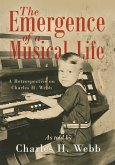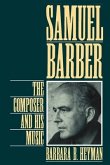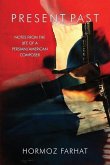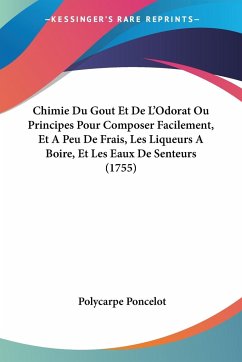Much interest has been shown in Charles Ives since his death on May 19, 1954. Few composers in the history of music have offered the innumerable problems of analysis and performance that are seen in the works of Ives. Although the importance of this major American composer is now widely recognized, the frustrating complexity of his music has succeeded in discouraging large-scale studies of Ives's compositional characteristics on a musicological level. Ives's transcendental beliefs directly influenced his concepts of freedom in creative expression. For this reason, this book will focus on Ives's indebtedness to Ralph Waldo Emerson, Henry Thoreau, Horatio Parker ad George Ives. This book begins with an investigation of the New England Transcendental tradition. The Transcendentalists were critical, restless, sensitive and highly sophisticated. They were Utopians who seriously reacted to radical social changes, and advocated progressive opinions. Music was very important to them as an expression of their beliefs, and their musical philosophy greatly influenced the development of Ives's musical thought. The Transcendentalists regarded music as a unique form of communication, a universal truth, capable of penetrating all the barriers of time and space. Furthermore, they viewed music as a means of communicating with one's own thoughts. Ives's philosophical beliefs about musical composition will be discussed with reference to Ives's own writings on aesthetics and music, as well as selected works by Ralph Waldo Emerson, Henry David Thoreau and others. In addition, Ives's aesthetic concepts are reflected in the structural organization of the above-mentioned piano compositions.








